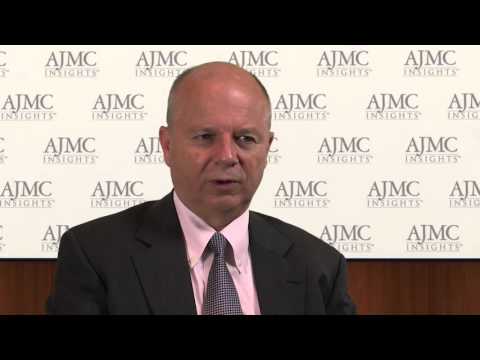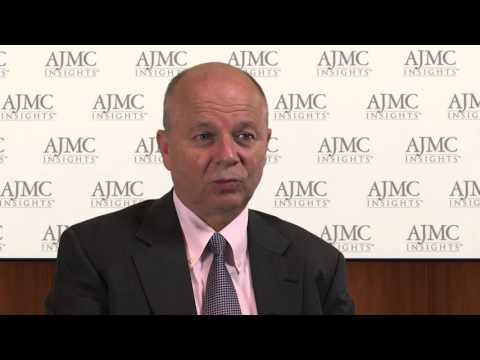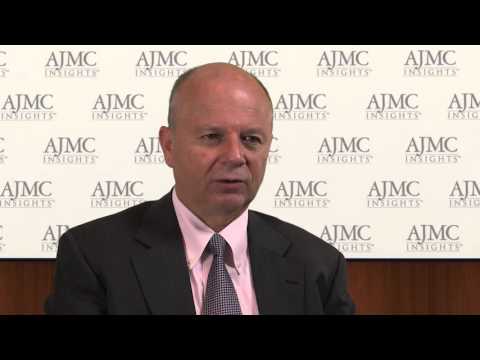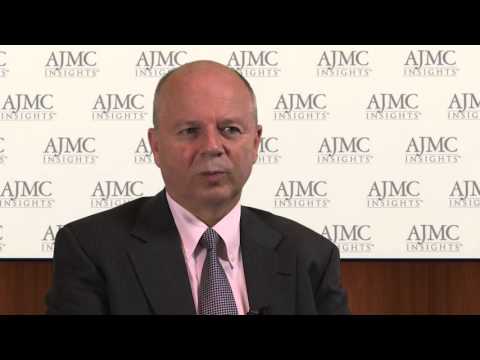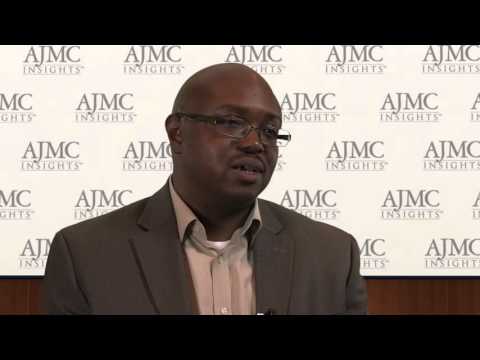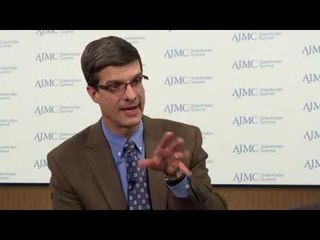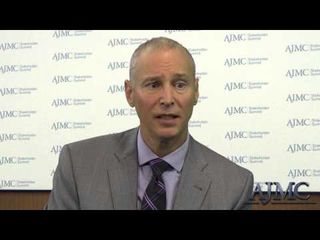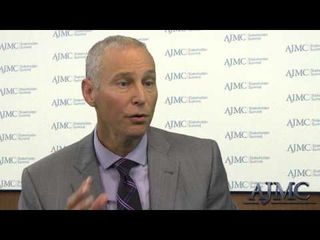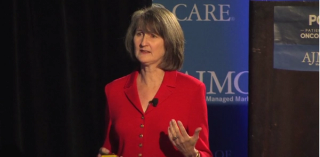
Oncology
Latest News
Latest Videos

CME Content
More News


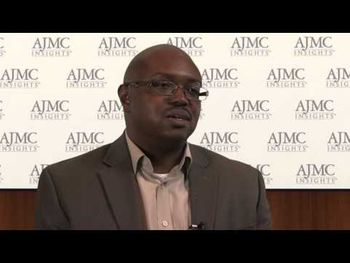

Olaparib, a PARP inhibitor approved for treating BRCA1/2-mutated ovarian cancer, has been found effective in treating men with metastatic, castrate-resistant prostate cancer.

The drug significantly delayed recurrence of the cancer in patients treated post surgery.

Payer—provider teams presented updates on their cost-saving pilot projects and looked to the future of these models in oncology care.

The company says the treatment will cost an average of $65,000.

The ASCO statement emphasizes patient-centered reform that weighs-in the value of the services rendered.

A study shows too much conflicting dietary advice causes some people to tune it all out. Nuances in the report from WHO are lost on most consumers.

The vaccine, approved in Europe last week, is now awaiting approval in the United States.

A study published in the journal Cancer presents the financial impact of cancer on a survivor and his family.

This week in managed care, documents show Horizon Blue Cross Blue Shield of NJ rolled out OMNIA prior to receiving regulatory approval, 2 Harvard professors argue the merit of the annual physical, and experts weigh in on the successes and flaws of Medicare Part D.

The drug is awaiting an FDA verdict next week.

As the date for the comment period on the proposed guidance by HHS on 340B drug pricing draws near, read about the program and its impact on healthcare overall.

Published in JAMA Oncology, the study found a significant difference in quality and access to care for black patients diagnosed with localized prostate cancer.

Patients with cancer in the urology clinic at a VA hospital in Arizona may have suffered adverse outcomes due to clinical disconnect and staff shortage.

Patients with metastatic pancreatic cancer who have progressed on gemcitabine now have the option of Onivyde combined with leucovorin/fluorouracil.

A study published in the Journal of the American College of Surgeons found that including patients in the Enhanced Recovery program has a dramatic impact on their recovery post surgery.

LIVESTRONG Fertility Training Helping Empowers Healthcare Professionals With Tools for Cancer Care
Earlier this year, the LIVESTRONG Foundation launched a project to fill a critical gap in cancer care: training healthcare professionals to offer fertility services for adolescent and young adult patients. A new commentary in Evidence-Based Oncology discusses the barriers to fertility training and why is essential to overcome them.

A presentation at the annual meeting of the American Society for Radiation Oncology underscored the importance of patient-centered care and the benefit of incorporating the patient voice in advanced oncology care.

Measuring quality of life in oncology care is difficult for a number of reasons, but Laura Long, MD, MPH, president at TheLongView, PC, expects that to change in the future.

A letter published in JAMA Internal Medicine questions the FDA's acceptance of surrogate endpoints for what the authors describe as "costly, toxic drugs that do not improve overall survival."

A new evidence-based guidance update provided by the American Cancer Society, published yesterday in JAMA Internal Medicine, recommends a delay in initiating screening mammograms in women with an average risk of developing the disease.

A recent study finds that newly diagnosed cancer patients with incomes below $50,000 are less likely to participate in clinical trials than patients with higher incomes, providing more evidence that income disparities in trial participation remains a serious problem.

A panel discussion at the PMC/BIO Solutions Summit in Washington, DC, saw an exchange on widespread and appropriate education of personalized medicine among payers, providers, patients, and families.
